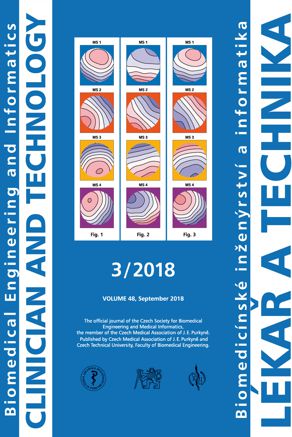BIPHASIC CALCIUM PHOSPHATE SCAFFOLDS DERIVED FROM HYDROTHERMALLY SYNTHESIZED POWDERS
Keywords:
Biphasic calcium phosphates, hydrothermal synthesis, robocastingAbstract
Biphasic calcium phosphate (BCP) scaffolds were successfully produced by robocasting. The BCP powder was prepared by hydrothermal synthesis (150°C for 4 h) and calcined at 1000°C. The as-obtained powder was milled to obtain A suitable particle size distribution (PSD) for optimizing the rheological properties of the suspensions and pastes prepared thereof. Scaffolds with different pore dimensions (300x300, 500x500, 250x500 and 300x600 µm) were prepared by extruding the pastes through 410 µm diameter nozzles. The green scaffolds were dried and posteriorly sintered at 1100°C. The compressive strength of the sintered scaffolds was well within the range of the mechanical properties reported from cancellous bone, being intrinsically related with the particle size distribution. Moreover, the obtained scaffolds demonstrated to have good biomineralization ability. The obtained scaffolds by robocasting revealed to possess promising features for their applications in bone regeneration and tissue engineering.
Downloads
Published
Issue
Section
License
Copyright (c) 2019 Ana Sofia Neto, José Maria Ferreira

This work is licensed under a Creative Commons Attribution 4.0 International License.
Authors who publish with this journal agree to the following terms:
- Authors retain copyright and grant the journal right of the first publication with the work simultaneously licensed under a Creative Commons Attribution License (https://creativecommons.org/licenses/by/4.0/) that allows others to share the work with an acknowledgment of the work's authorship and initial publication in CTJ.
- Authors are able to enter into separate, additional contractual arrangements for the non-exclusive distribution of the journal’s published version of the work (e.g., post it to an institutional repository or publish it in a book), with an acknowledgment of its initial publication in this journal.
- Authors are permitted and encouraged to post their work online (e.g., in institutional repositories or on their website or ResearchGate) prior to and during the submission process, as it can lead to productive exchanges.
CTJ requires that all of the content of the manuscript has been created by its respective authors or that permission to use a copyrighted material has been obtained by the authors before submitting the manuscript to CTJ. CTJ requires that authors have not used any copyrighted material illegally, as for example a picture from another journal or book, a photo, etc. It is the author’s responsibility to use only materials not violating the copyright law. When in doubt, CTJ may ask the authors to supply the pertinent permission or agreement about the use of a copyrighted material.
The opinions expressed in CTJ articles are those of authors and do not necessarily reflect the views of the publishers or the Czech Society for Biomedical Engineering and Medical Informatics.


